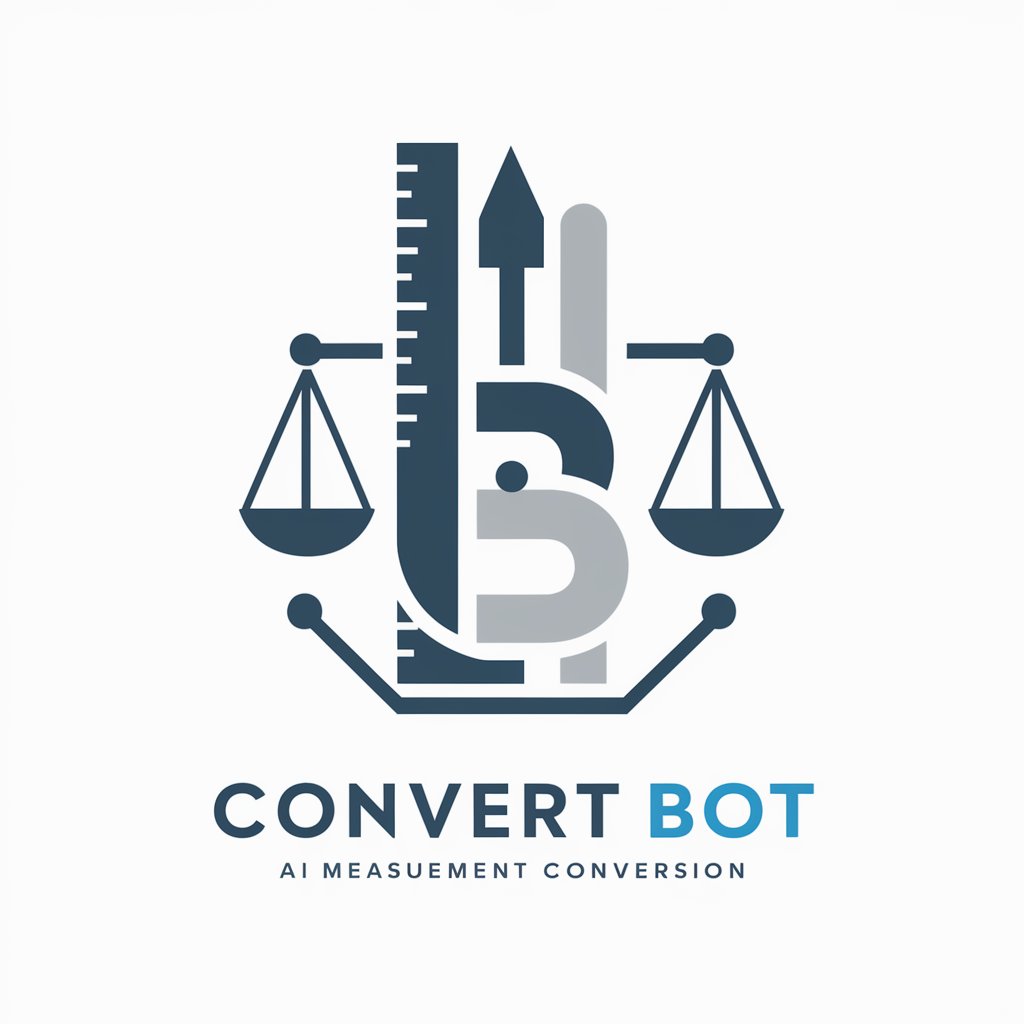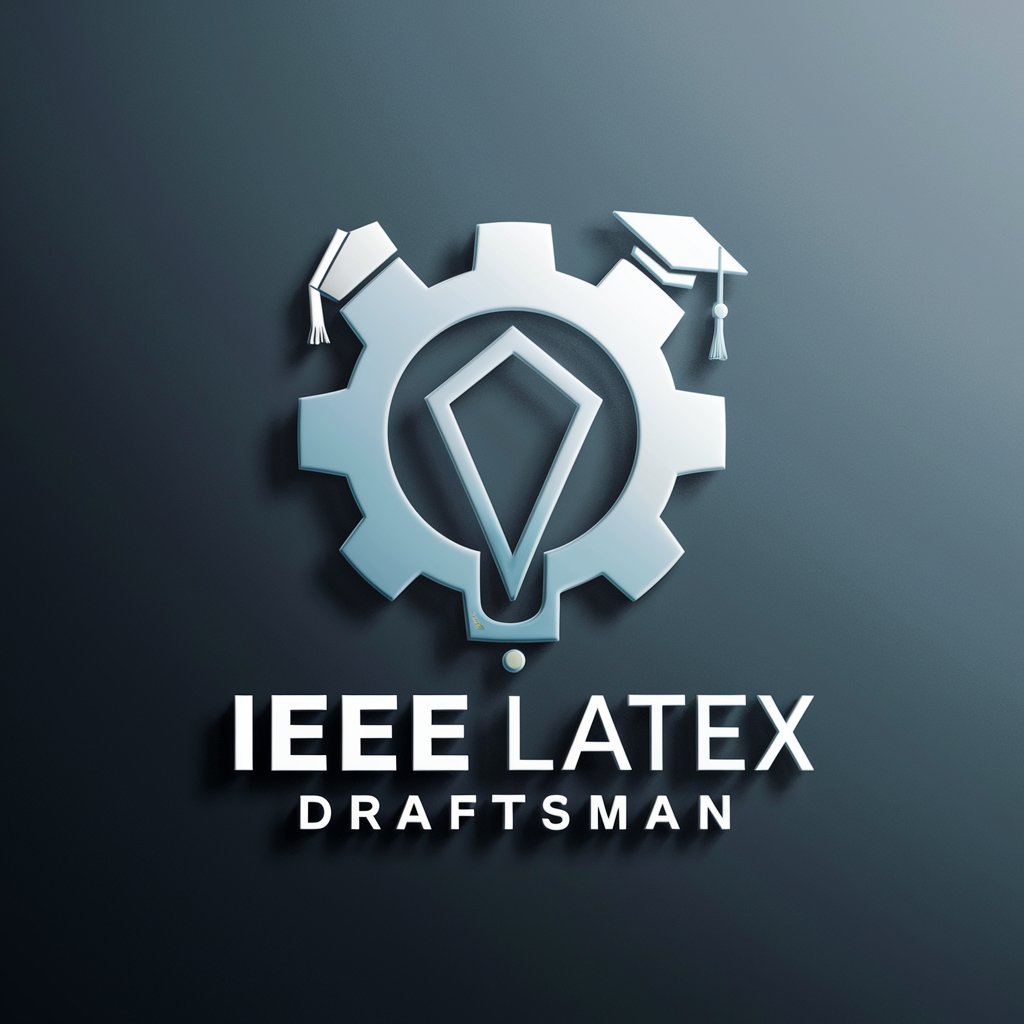
Code Convert - Code Language Conversion

Welcome to Code Convert, your go-to for seamless code transformations.
Streamlining Code Conversion with AI
Convert the following Python code to JavaScript:
Transform this code snippet to use a different library in Python:
Optimize the provided Java code for better performance:
Translate this C# code to a more efficient solution using another framework:
Get Embed Code
Introduction to Code Convert
Code Convert is a specialized AI tool designed to facilitate the conversion of code across major programming languages and within the same language across different packages or frameworks. Its core function revolves around understanding, translating, and adapting code snippets, files, or projects from one programming language to another (e.g., Python to Java, C++ to Python) or converting code to use different libraries or frameworks within the same language (e.g., converting NumPy code to use TensorFlow operations). The design purpose behind Code Convert is to streamline the development process, reduce manual coding errors, and assist developers in migrating projects or maintaining multiple language versions of their software. An example scenario could be a data scientist wanting to translate a machine learning model from Python to Java for integration into a Java-based application, or a web developer converting React code to Vue.js to take advantage of specific framework features. Powered by ChatGPT-4o。

Main Functions of Code Convert
Language-to-Language Conversion
Example
Converting a Python script that performs file operations into equivalent C# code.
Scenario
A software developer needs to integrate Python-based file manipulation logic into an existing C# application, aiming to maintain consistency across the codebase.
Library/Framework Conversion within the Same Language
Example
Transforming a web application's frontend from using Bootstrap to Tailwind CSS for enhanced design flexibility.
Scenario
A front-end developer seeks to update the UI of a web application for a more modern look and better responsiveness by switching from Bootstrap to Tailwind CSS.
Code Optimization and Refactoring
Example
Optimizing a slow Python data analysis script to use Pandas more efficiently, enhancing execution speed.
Scenario
A data analyst discovers that their script for processing large datasets is significantly slower than expected. Using Code Convert, they can refactor the code to better utilize Pandas, thereby improving performance.
Cross-platform Code Adaptation
Example
Adapting an Android app written in Kotlin to Swift for iOS deployment.
Scenario
A mobile app developer needs to port an existing Android application to iOS but wants to maintain a single codebase's logic and functionality as much as possible.
Ideal Users of Code Convert Services
Software Developers and Engineers
Individuals tasked with maintaining or developing applications across multiple programming environments. They benefit from Code Convert by reducing the need for deep expertise in every language or framework they encounter, thus saving time and reducing errors during code translation or migration.
Data Scientists and Analysts
Professionals who work with various data processing or machine learning libraries across different projects. They can use Code Convert to translate data manipulation or analysis code from one library to another, facilitating smoother transitions between projects or optimizing existing codebases for performance.
Educators and Students
Instructors and learners in computer science and related fields can use Code Convert to demonstrate how algorithms or solutions can be implemented across different languages, aiding in a deeper understanding of programming concepts and language paradigms.
Project Managers and Technical Leads
Leaders responsible for overseeing software projects that span multiple technologies. They can leverage Code Convert to streamline the development process, ensure code consistency across the team, and facilitate easier knowledge transfer between team members with different technical backgrounds.

Using Code Convert: A Step-by-Step Guide
1
Initiate by visiting yeschat.ai to explore Code Convert without the need for a subscription or ChatGPT Plus.
2
Choose the 'Code Conversion' service option to begin. Ensure you have the source code ready in one of the supported programming languages or packages.
3
Specify the source and target programming languages or packages. Provide clear details about any specific requirements for the conversion.
4
Upload your code files directly or paste your code into the provided text box. For large projects, consider splitting the code into manageable sections.
5
Submit your conversion request and wait for the process to complete. Review the converted code, and feel free to ask for further adjustments or clarification.
Try other advanced and practical GPTs
Easy Convert
Transform Any File, Anywhere, Instantly.

Convert Bot
Instantly Convert Any Measurement

Carbon Border Adjustment Mechanism (CBAM) Wizard
Streamline Your CBAM Reporting with AI

Overexercising
Balance your training with AI-powered insights.

Risk Adjustment Assistant
Empowering Risk Adjustment with AI

eBook Smith
Craft eBooks with AI-Powered Ease

Convert Sketch to Vector
AI-powered vectorization of your sketches

AI Paper Writer
Empowering your academic journey with AI

Paper Writer Assistant
Streamlining IEEE Paper Creation with AI

SSCI SCI CSSCI SCOPUS Paper Writer
Elevate Your Research with AI

Auto Academic Paper Writer
Empowering Research with AI Expertise

APA Paper Writer
Simplifying APA Writing with AI

Frequently Asked Questions about Code Convert
What programming languages does Code Convert support?
Code Convert supports major programming languages including but not limited to Python, Java, C++, and JavaScript, as well as the ability to convert code between different packages within the same language.
Can Code Convert handle complex code conversion?
Yes, Code Convert is designed to handle complex conversions across different programming languages and packages, utilizing advanced AI algorithms to ensure accuracy and efficiency.
Is Code Convert suitable for academic use?
Absolutely. Code Convert is a valuable tool for students and researchers looking to translate code for academic projects, enabling cross-language comparisons and facilitating learning.
How does Code Convert ensure the privacy of my code?
Code Convert prioritizes user privacy by implementing robust security measures. Submitted code is processed confidentially, and user data is not stored beyond the duration of the conversion process.
What if I need further adjustments after my code is converted?
Code Convert offers support for post-conversion adjustments. Users can request modifications or clarifications to ensure the converted code meets their exact requirements.